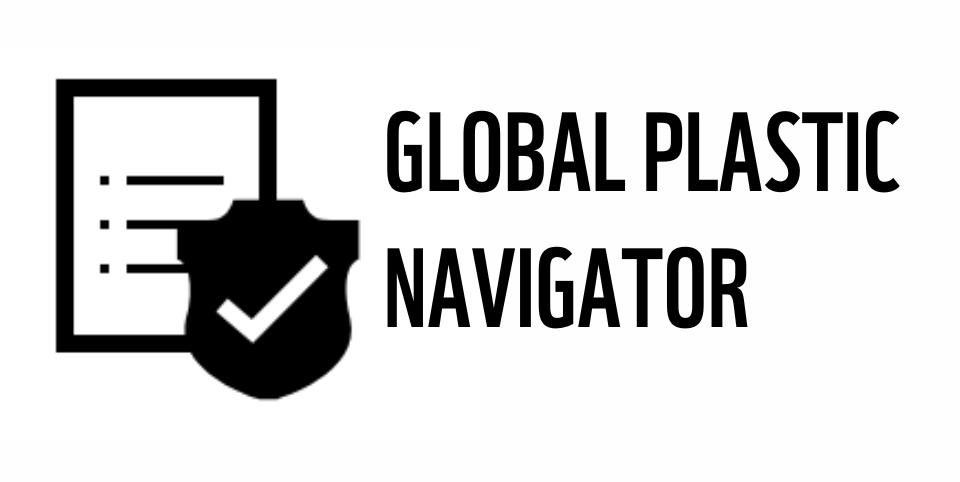The Problem
While local policy & regulation are vital tools in addressing the crisis, their effectiveness has been hindered by a confluence of complex factors.
One key stumbling block lies in the global nature of plastic production, consumption, and waste management. Plastic pollution transcends borders and jurisdictions, making it difficult for individual policies to comprehensively tackle the issue.
Moreover, enforcement and compliance mechanisms often lag behind the pace of plastic production, allowing for gaps that enable continued pollution.
Addressing plastic pollution requires a multifaceted approach that goes beyond regulations alone, incorporating innovative technologies, public awareness campaigns, corporate responsibility, and global collaboration to create a comprehensive solution that can effectively stem the tide of plastic pollution.






